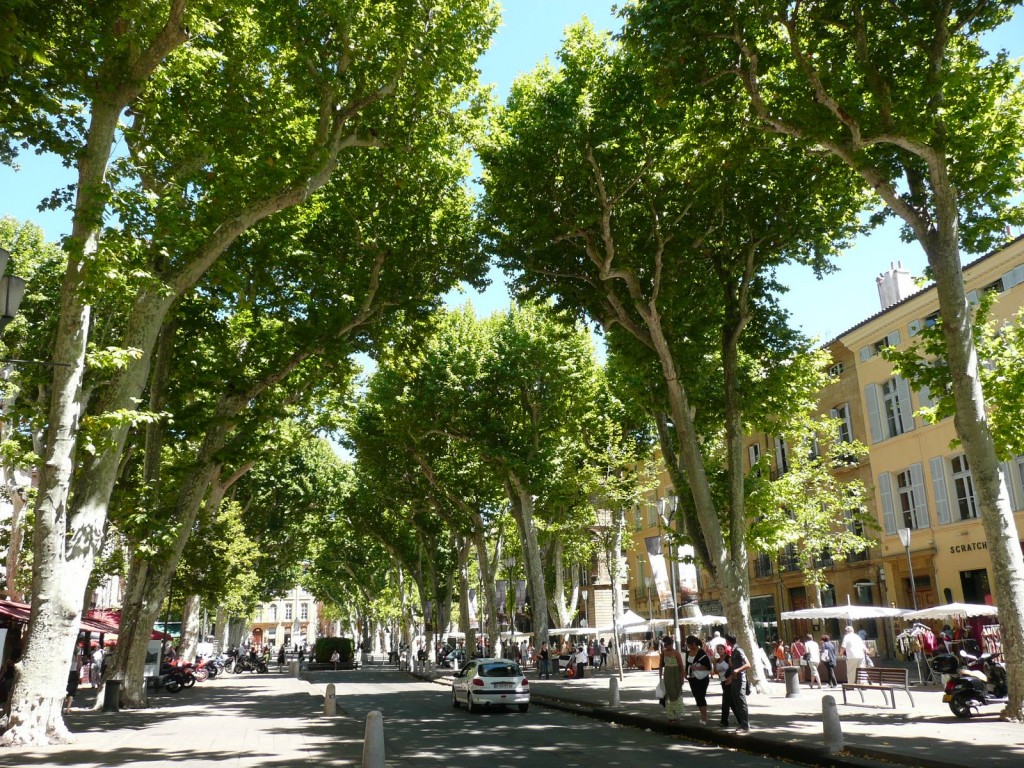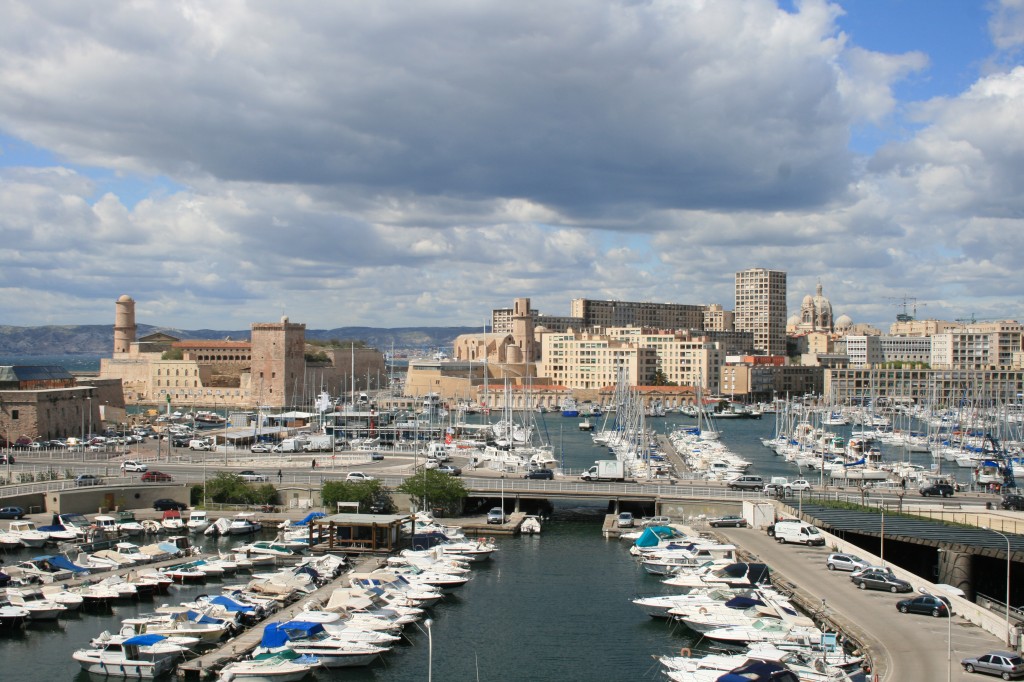ITER NEWSLINE
84
A Tale of Two Cities
Robert Arnoux

The Cours Mirabeau in Aix-en-Provence (140,000 inhabitants), a town of fountains, theatres and aristocratic townhouses.

The Vieux-Port in Marseille (800,000 inhabitants), the most cosmopolitan of all French cities.
Ask an Aixois about Marseille, and he'll probably tell you how dirty, rowdy and vulgar the city and its inhabitants are. Ask a Marseillais about Aix, and he won't even bother to answer. In his view Aix is small and pretentious—a provincial town inhabited by idle students, verbose lawyers and fashion store owners.
These perceptions, which do not quite reflect reality, have endured for centuries. They have defined the way the two cities relate to each other, and the image they project to the outside world.
All throughout history, Marseille and Aix have stood in opposition to one another. One was a Greek harbour, founded in the 6th century B.C. as a city of merchants and explorers; the other was a Roman garrison town established four centuries later. Aix remained the administrative capital of Provence all through the Middle-Ages until the early 19th century; Marseille only cared about the sea and the lands that lay beyond. Aix was always provençal, Marseille was cosmopolitan and proud of it.
While obviously they now belong to the same metropolitan area, the two cities never agreed to form a political and administrative alliance, like most other neighbouring municipalities have. Aix, the city of fountains, theatres and aristocratic townhouses, fears being "absorbed" by Marseille which is 30 percent poorer, five times more populated and considerably less "elegant."
This long history of reciprocal mistrust and caricature has its consequences. While more than 8,000 Marseillais leave their home every morning to work in Aix—passing by 7,000 Aixois going in the other direction on their way—no efficient public transportation scheme has ever been established.
In any other part of the world, two cities so close, so different but yet so complementary would speak with a single voice. Aix and Marseille can't: two thousand years ago, one sided with Caesar and the other with his archenemy Pompey. How could they ever reconcile?
return to Newsline #84



